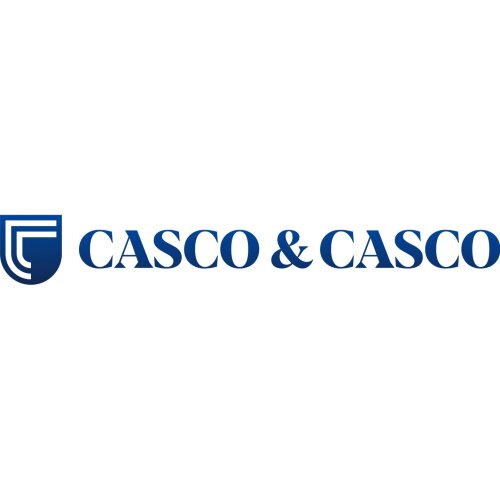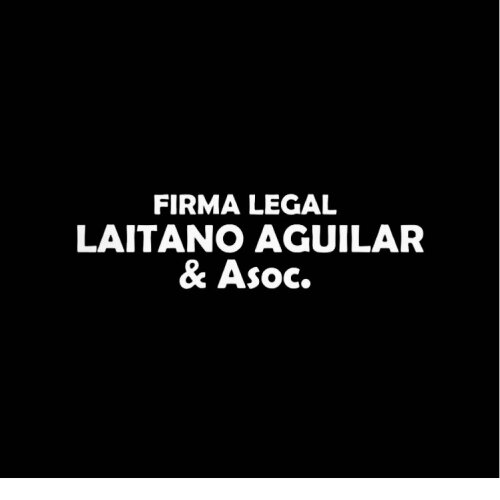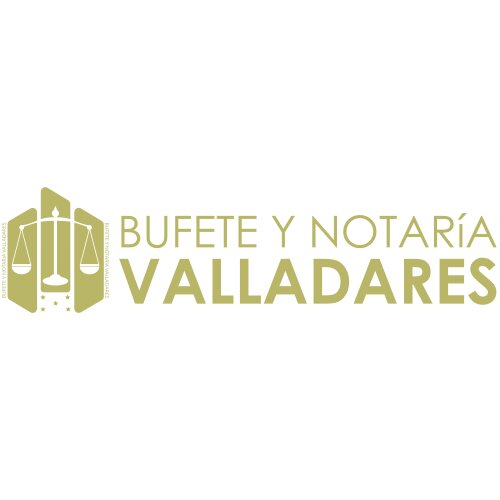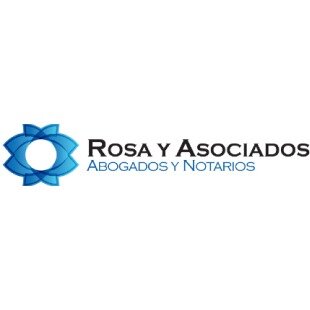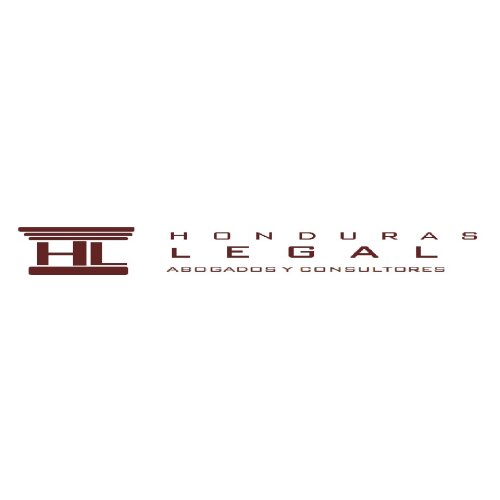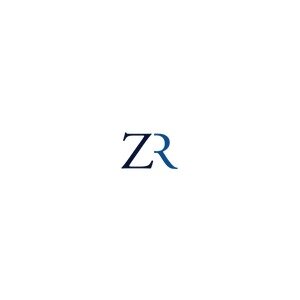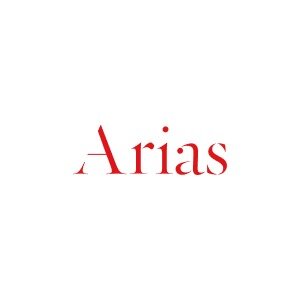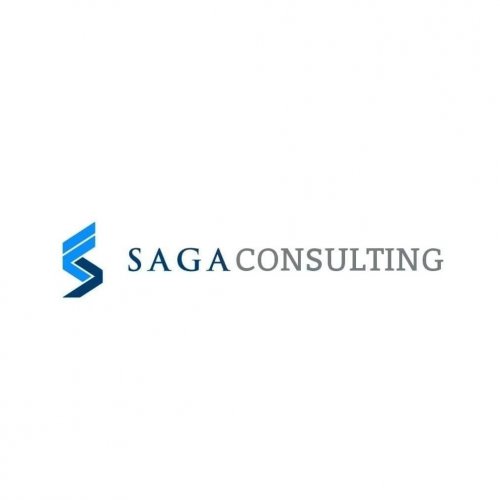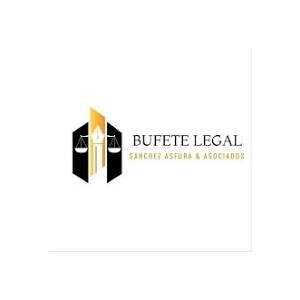Best Sanctions & Export Controls Lawyers in Tegucigalpa
Share your needs with us, get contacted by law firms.
Free. Takes 2 min.
List of the best lawyers in Tegucigalpa, Honduras
About Sanctions & Export Controls Law in Tegucigalpa, Honduras
Sanctions and export controls are a set of legal measures that regulate the movement of goods, services, technology, and financial transactions in or out of Honduras. These laws aim to promote national security, comply with international commitments, and prevent illegal activities such as money laundering, terrorist financing, and the proliferation of weapons. In Tegucigalpa, as the capital and economic hub, companies and individuals involved in trade or financial transactions must be particularly aware of these regulations to avoid serious legal consequences. Both local and foreign businesses operating in Honduras are subject to these controls, which are enforced by various government bodies.
Why You May Need a Lawyer
Sanctions and export controls law can be highly complex and continuously changing due to developments in international relations and internal policy shifts. You may need to consult with a specialized lawyer in the following situations:
- Your business exports or imports goods and needs to ensure compliance with local and international regulations.
- You have received inquiries or warnings from customs or other regulatory authorities.
- There is a risk of dealing with individuals, entities, or countries that are subject to sanctions.
- You are planning to engage in transactions involving sensitive goods, technologies, or services.
- Your company was accused of violating export control or sanctions rules.
- You seek to participate in international tenders or contracts and need to verify compliance with all export laws.
- You are unsure about restricted dual-use items or controlled technologies.
In these cases, a knowledgeable legal advisor can help you understand your obligations, represent you before authorities, and minimize the risk of penalties or reputational harm.
Local Laws Overview
Honduras enforces a number of regulations and statutes concerning sanctions and export controls, including compliance with United Nations Security Council sanctions and regional Central American agreements. The key aspects relevant in Tegucigalpa include:
- Customs Regulations: Honduras Customs Authority (Aduanas de Honduras) monitors the import and export of goods, ensuring that no controlled or prohibited items leave or enter the country without proper authorizations.
- International Sanctions Compliance: Honduras abides by sanctions imposed by international bodies such as the United Nations and Organization of American States, especially concerning money laundering and trafficking.
- Export Controls on Sensitive Goods: Controlled goods, such as firearms, dual-use items, and certain technologies, require special permits issued by the relevant government agencies.
- Anti-Money Laundering (AML) Laws: Financial institutions in Tegucigalpa are required to report and monitor suspicious transactions, including those related to sanctioned individuals or countries.
- Punitive Measures: Penalties for violation can include hefty fines, revocation of licenses, seizure of goods, and even criminal prosecution in severe cases.
Understanding these local rules is essential for anyone doing business in or through Tegucigalpa, as unintentional breaches can have significant consequences.
Frequently Asked Questions
What are sanctions and export controls?
Sanctions are legal constraints imposed to restrict activities with specific countries, entities, or individuals, often as a response to security or political concerns. Export controls regulate the movement of particular goods, technologies, or services outside Honduras to ensure national and international security.
Who enforces sanctions and export controls in Honduras?
Enforcement is mainly carried out by the Honduras Customs Authority, the Financial Intelligence Unit (Unidad de Información Financiera), and other sector-specific regulatory agencies depending on the nature of the goods or services involved.
Do international companies in Tegucigalpa have to comply with Honduran sanctions and export controls laws?
Yes, all companies operating within Honduran territory, including foreign subsidiaries and branches in Tegucigalpa, must comply with local laws and international obligations that Honduras recognizes.
What are the consequences of violating export controls or sanctions?
Violations can lead to administrative fines, withdrawal of trade licenses, confiscation of goods, and in serious cases, criminal charges resulting in imprisonment.
Are there specific goods or sectors that are more closely regulated under export control laws?
Yes, sectors such as arms, defense-related items, advanced technologies, chemicals, and dual-use goods (those that can be used for both civilian and military applications) are subject to stricter controls and require special permits.
How can a company verify if a transaction is prohibited or restricted?
Companies can consult official lists published by Honduran authorities and international organizations, or request a legal assessment from a specialized lawyer to ensure compliance before entering into transactions.
Is there a process for applying for an export license in Honduras?
Yes, exporters must submit relevant documentation to the appropriate government body, often Aduanas de Honduras or sector-specific ministries, for review and approval before exporting controlled goods.
Do sanctions apply to financial transactions as well as physical goods?
Yes, both financial transactions and the movement of physical goods can be subject to sanctions, especially if they involve individuals, entities, or countries on sanctioned lists.
Are there updates or changes to sanctions and export control laws that companies should watch for?
Yes, laws and regulations can change regularly in response to new international developments or domestic priorities. Companies should monitor official communications and consult legal counsel to stay updated.
What should I do if my goods are detained by customs due to suspected export control violation?
Contact a legal professional immediately to assess your situation, communicate with the customs authority, and determine if additional documentation or clarification can resolve the issue quickly.
Additional Resources
If you need more information or assistance regarding sanctions and export controls in Tegucigalpa, consider reaching out to:
- Honduras Customs Authority (Aduanas de Honduras) - Main body regulating imports and exports.
- Ministry of Security and Ministry of Defense - For permits on sensitive goods and technology.
- Financial Intelligence Unit (Unidad de Información Financiera) - For inquiries on money laundering and sanctioned entities.
- Honduran Chamber of Commerce - Provides guidance and updates for businesses on regulatory requirements.
- Legal professional organizations - Connect yourself with qualified lawyers in international trade and compliance.
- Official government bulletins - Regularly publish lists and updates on sanctions and controlled goods classifications.
Next Steps
If you believe your business or personal activities could be affected by sanctions or export controls in Tegucigalpa, Honduras, here is how you should proceed:
- Identify the goods, services, or transactions involved and determine if they might be subject to controls or restrictions.
- Collect all documentation and correspondence related to your case or inquiry.
- Consult with a specialized lawyer experienced in export controls and sanctions law to assess your risks and obligations.
- Work with your legal advisor to develop compliance protocols, ensure proper licensing, and if needed, represent you before government authorities.
- Stay informed of regulatory changes by subscribing to official updates and engaging with local business organizations.
Taking these steps promptly will help you mitigate risks, avoid penalties, and ensure your business activities in Tegucigalpa remain compliant with all relevant laws and regulations.
Lawzana helps you find the best lawyers and law firms in Tegucigalpa through a curated and pre-screened list of qualified legal professionals. Our platform offers rankings and detailed profiles of attorneys and law firms, allowing you to compare based on practice areas, including Sanctions & Export Controls, experience, and client feedback.
Each profile includes a description of the firm's areas of practice, client reviews, team members and partners, year of establishment, spoken languages, office locations, contact information, social media presence, and any published articles or resources. Most firms on our platform speak English and are experienced in both local and international legal matters.
Get a quote from top-rated law firms in Tegucigalpa, Honduras — quickly, securely, and without unnecessary hassle.
Disclaimer:
The information provided on this page is for general informational purposes only and does not constitute legal advice. While we strive to ensure the accuracy and relevance of the content, legal information may change over time, and interpretations of the law can vary. You should always consult with a qualified legal professional for advice specific to your situation.
We disclaim all liability for actions taken or not taken based on the content of this page. If you believe any information is incorrect or outdated, please contact us, and we will review and update it where appropriate.



